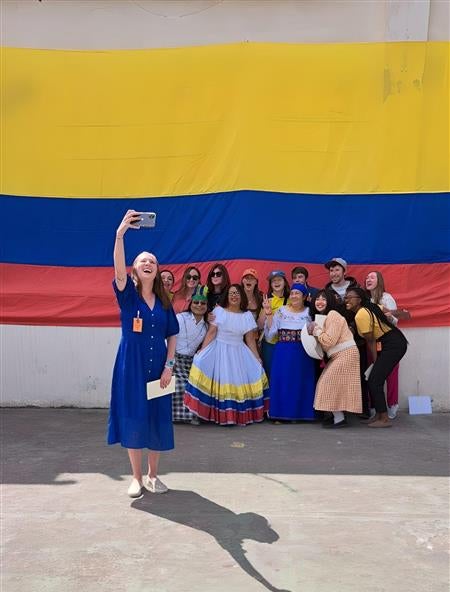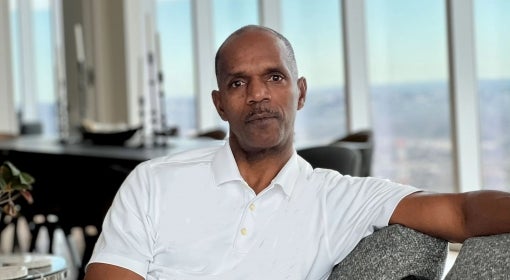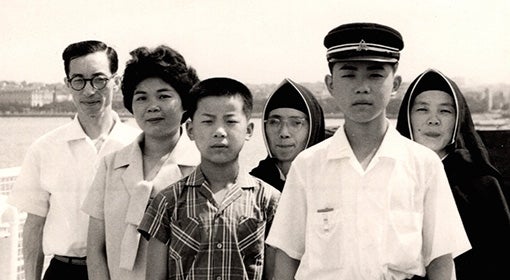 The weekend before she travels to Ecuador, Mollie Foladare sits on the back patio of her parents’ Bucks County, Pennsylvania, home with her father, Kenneth, and a group of his old friends. They help her practice Spanish and reminisce about their own South American adventures.
The weekend before she travels to Ecuador, Mollie Foladare sits on the back patio of her parents’ Bucks County, Pennsylvania, home with her father, Kenneth, and a group of his old friends. They help her practice Spanish and reminisce about their own South American adventures.
Foladare has heard it all before, but as she prepares to follow in her father’s footsteps, she relishes in their tales once more.
More than 30 years ago, Kenneth joined the Peace Corps and jetted off to Paraguay, where he helped to irrigate farms that relied solely on rainwater for sustenance. While there, he bonded with both his fellow corps members and Paraguayan natives who would become his lifelong friends and, over the years, honorary members of the Foladare family.
So, when Foladare decided she, too, would join the Peace Corps and travel to South America, her father’s friends began bombarding her with tips, resources and tidbits about working and living abroad: “Embrace everything. Don’t say no to anything.”
Though Foladare’s infatuation with the Peace Corps began as a child, it took on new resonance during COVID-19 as she reassessed her future. She switched her major from occupational therapy to psychology; working as a youth and family development volunteer in Ecuador will allow her to test those skills.
Today, Foladare (A&S ’23) is among the first 1,500 or so to serve with the Peace Corps post-pandemic. During COVID, the Corps recalled its 7,000 volunteers from their overseas posts, which remained vacant for nearly two years.
“It’s such a great opportunity to get back out into the world and build meaningful relationships in the community,” Foladare says.
And, of course, she hopes she’ll find her own global family of friends.
This story was published Aug. 29, 2023. It is part of Pitt Magazine's fall 2023 edition.



